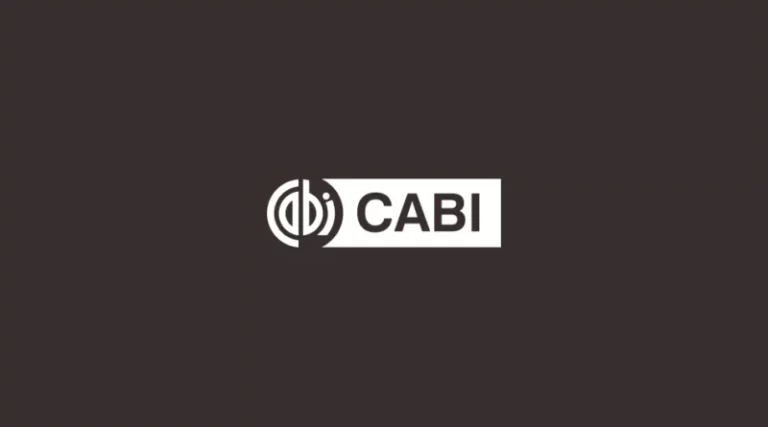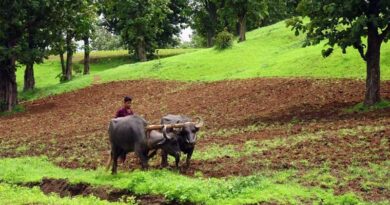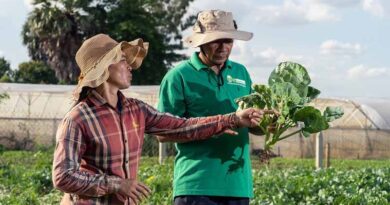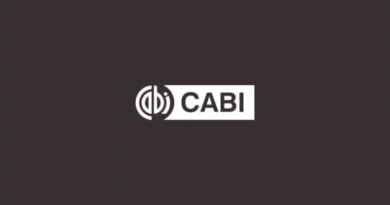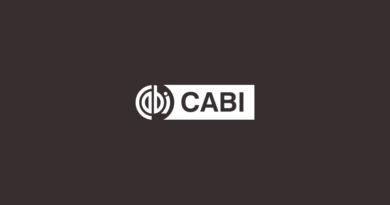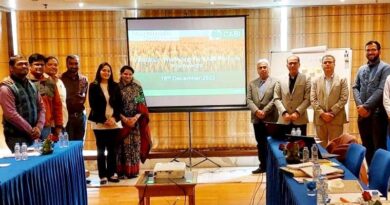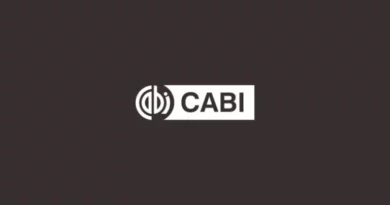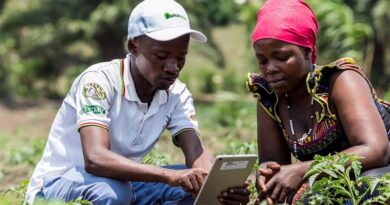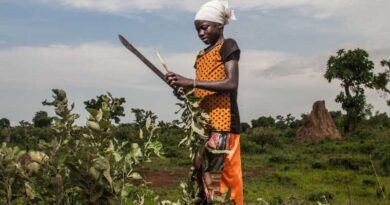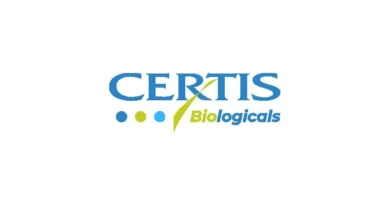CABI serves up learning lunch for the Bill & Melinda Gates Foundation on benefits of a FAIR Process Framework
24 January 2024, Africa: A team of digital data experts from CABI have delivered a learning lunch to staff at the Bill & Melinda Gates Foundation – introducing them to the benefits of adopting a FAIR process framework to unlock greater data-rich investments in agriculture.
According to the Global Partnership for Sustainable Development Data, analysis of past investments has shown an average return of USD $32 for every dollar invested.
Dr Martin Parr, Director, Data Policy & Practice, Chipo Msengezi, Project Manager – Digital Development, Arun Jadhav, Manager – Digital Development, and Zoe Philpott, CABI Associate, said that better tools and resources can help demystify how to comply with increasing demands to improve data policy and practice.
The learning lunch, held at the foundation’s headquarters in Seattle, USA, built upon increasing shared understanding of the FAIR principles – making data Findable, Accessible, Interoperable, and Reusable – but expanded on them by introducing a framework that makes them much more actionable in the foundation, and helps create a robust and sustainable data ecosystem within the stakeholders that the foundation works with and invests in.
It forms part of CABI’s work under the ‘Enabling FAIR data sharing and responsible data use’ project, funded by the foundation, and delivered in partnership with Data-Pop Alliance, ODI, MetaData Works, ITAD, and Philpott Design.
Tool for mainstreaming responsible data sharing
The FAIR process framework, created by CABI, consists of six clear steps. These support defining data intervention types, understanding the enabling environment for any data investment, identifying data assets, codeveloping aligning principles using a common understanding of FAIR, developing FAIR data governance strategy, and developing a FAIR technical implementation plan.
Mr Jadhav said, “The FAIR process framework is a resource made for mainstreaming responsible data sharing and managing practices across investments.
“It has been developed by CABI over six years of intense working with agricultural development project officers, especially in India, Ethiopia, and Tanzania, and with other donors and grantees in the agricultural ecosystem.
“It has the potential to support lasting impacts beyond the lifecycle of your investments whether they cover data tool development and innovation, transformative field work, or data policy and practice evolution.”
The CABI FAIR process framework team explained how the right strategy and plans can be created to ensure the data assets generated by foundation funding can be found, easily used, shared, and integrated, and reused in ways that benefit stakeholders in agricultural development and beyond.
Ms Msengezi said, “Our session covered the fundamentals of FAIR, its purpose and benefits for the foundation, and in-country benefits, and how the framework provides practical steps and solutions for instigating FAIR data principles in investments at any stage.”
The work also included indications of what level of commitment – in terms of time, resources, and expenditure – is needed by the program officers and their grantees as well as a timescale for testing and rolling out the FAIR process framework in 2024 and beyond.
Dr Parr said, “Agricultural endeavours generate billions of data points every day, and it benefits everyone if we can find ways to share more of that that data for good. Data-rich investments can produce information which is valuable to others going forward beyond the lifetime of individual investments.
“Many grant givers require projects to line up with open access and open data policies and principles and share data responsibly. In practice these aren’t always easily interpreted or actionable. Following the FAIR principles is a solution.
“However, implementing them can be complex and expensive or require skillsets that individuals and organizations do not yet have. And everyone involved from those with the power to green light investments, to people in the field, or policymakers deciding on local or national direction, have different questions, values, needs and objectives around data.”
Framework is flexible, sensible, accessible, and evidence based
He added that the FAIR process framework is flexible, sensible, accessible, and evidence based. It is informed by best practice and designed with people in mind, so it helps them tackle any situations and problems, because it does not have to be followed like a strict series of steps.
The learning lunch closed with a question-and-answer session. One of the questions explored how FAIR and the FAIR process framework applies to grantees from the private sector where their data is proprietary in the form of business assets.
Already, CABI has helped the foundation and other stakeholders overcome FAIR data challenges and supported a groundbreaking new policy directive and the long-awaited publication of government-owned soil data in Ethiopia.
This saw Ethiopia pave the way in Sub-Saharan Africa for a model which makes the classification of soil and soil property production products – essential for the growing of healthy and sustainable crops – increasingly open.
In December last year, CABI also conducted a workshop in Delhi, India, to outline the FAIR process framework to a mix of stakeholders from different backgrounds.
Also Read: DLF to close the R&D site in Landskrona, Sweden
(For Latest Agriculture News & Updates, follow Krishak Jagat on Google News)

